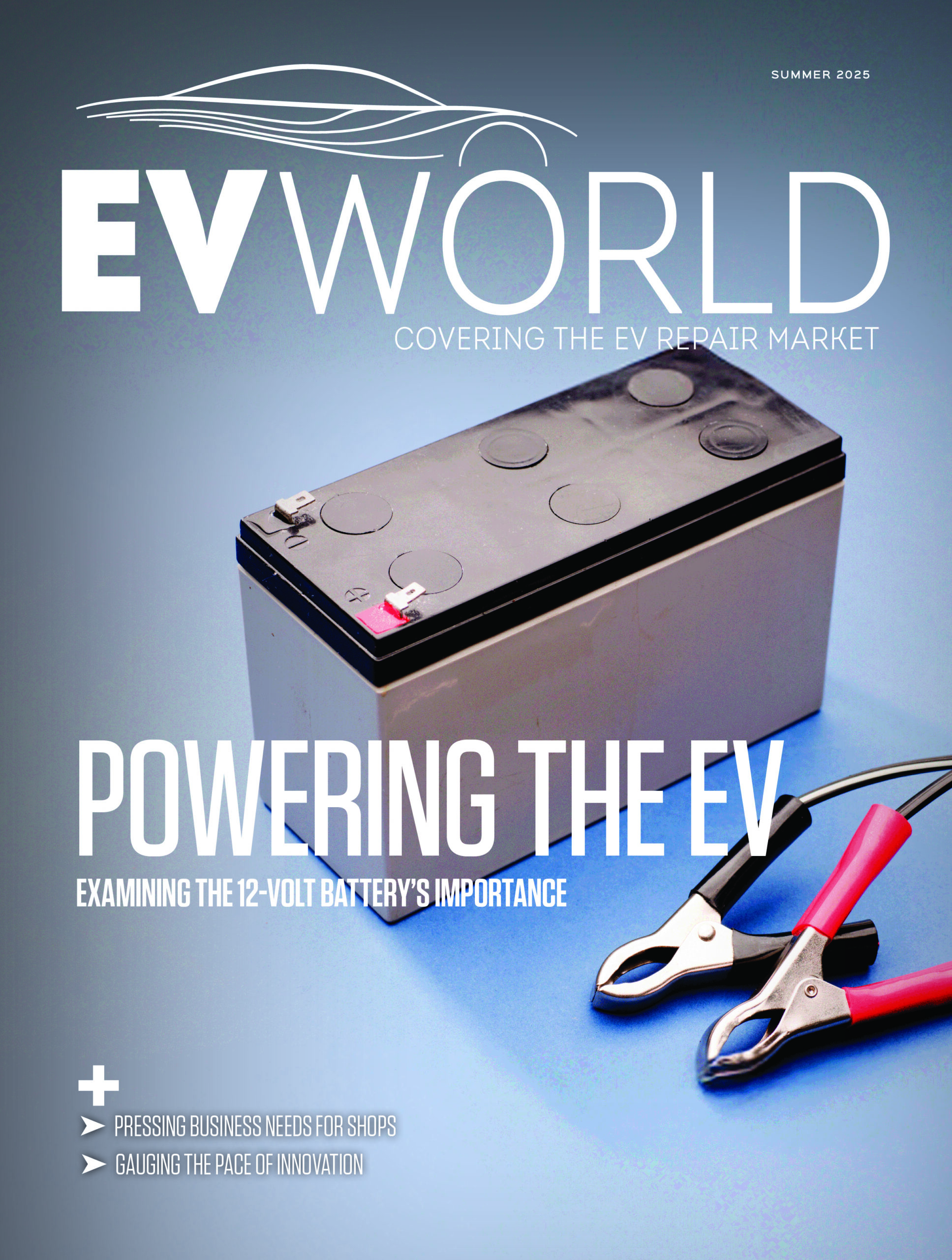
The automotive industry is moving towards a more sustainable future, with the integration of recycled materials into manufacturing processes emerging as a key strategy, according to a report.
Environmental consciousness is becoming a fundamental mandate, said GlobalData, a data and analytics company, and the industry’s commitment to sustainability is poised to significantly reshape market dynamics.
Manufacturers are increasingly prioritizing the use of recycled and sustainable materials, driven by consumer demand and regulatory pressures. This shift represents a strategic pivot that could redefine competitive advantages in the market, the report said. By incorporating recycled materials, automakers can reduce carbon footprints, lower production costs, and enhance overall operational efficiency.
The emphasis on lightweight materials, such as recycled plastics, contributes to improved fuel efficiency while aligning with broader goals of reducing greenhouse gas emissions.
Madhuchhanda Palit, automotive analyst at GlobalData, noted that leading automotive manufacturers are actively engaging in substantial sustainability initiatives.
Companies like Toyota, Mazda and Honda have begun integrating recycled plastics into their vehicle production. Ford incorporates recycled plastic water bottles into the seat cushions of its cars, while Jaguar uses fabric crafted from nylon waste sourced from ocean debris.
Volvo’s XC60 SUV utilizes recycled fibres and plastics derived from fishing nets and ropes in certain interior components. The company has pledged that by 2025, 25 per cent of all plastics used in its vehicles will be sourced from recycled materials.
Collaborations between automakers and recycling firms are fostering a circular economy, where end-of-life components are repurposed into new products, minimizing waste and maximizing resource efficiency.
“The growing emphasis on recycled materials is expected to have broad implications for the automotive market. As manufacturers adapt to these sustainable practices, we may observe a transformation in consumer preferences, with buyers increasingly favouring brands that prioritize environmental responsibility,” Palit said.
This shift could accelerate demand for electric and hybrid vehicles, further driving the transition toward sustainability.
“Furthermore, as the market for recycled materials expands, new economic opportunities may arise, particularly in job creation within the recycling sector,” Palit added. “The integration of recycled materials into automotive manufacturing addresses environmental concerns while positioning the industry for future growth.”













Leave a Reply